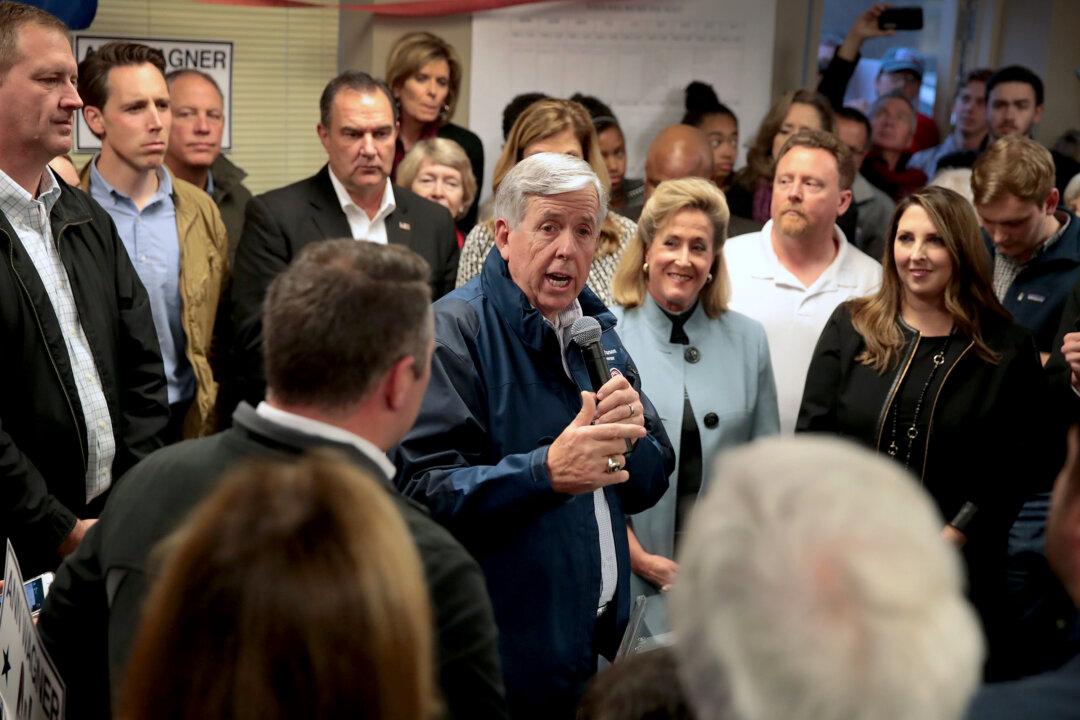The next governor of Missouri will likely be chosen among three Republican contenders.
One candidate, Lt. Gov. Mike Kehoe, is the state GOP’s choice to succeed Gov. Mike Parson, a Republican who has led the state since 2018.

The next governor of Missouri will likely be chosen among three Republican contenders.
One candidate, Lt. Gov. Mike Kehoe, is the state GOP’s choice to succeed Gov. Mike Parson, a Republican who has led the state since 2018.